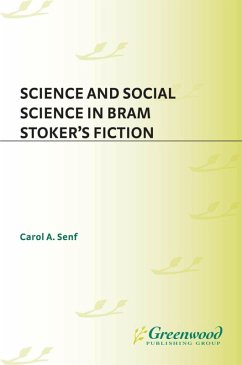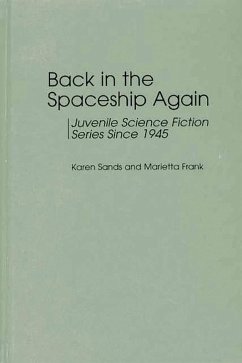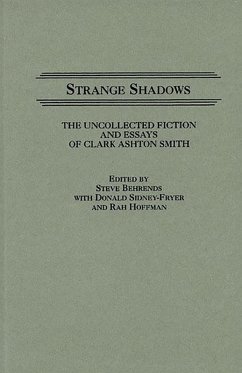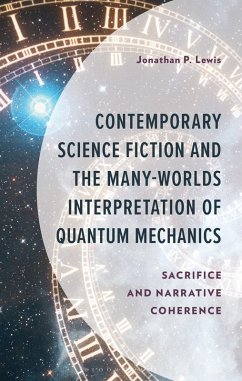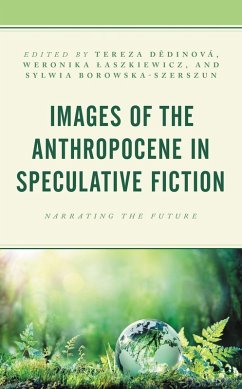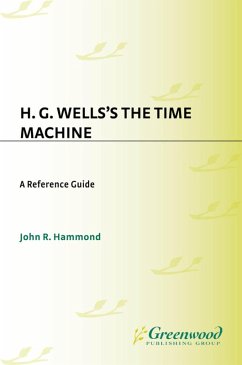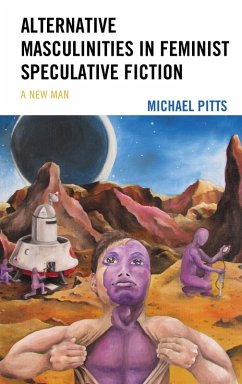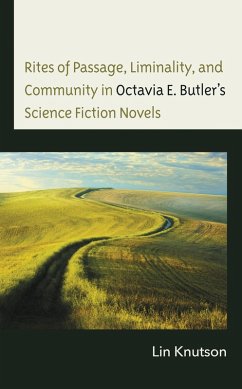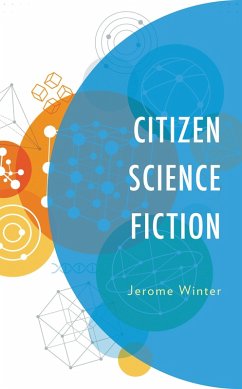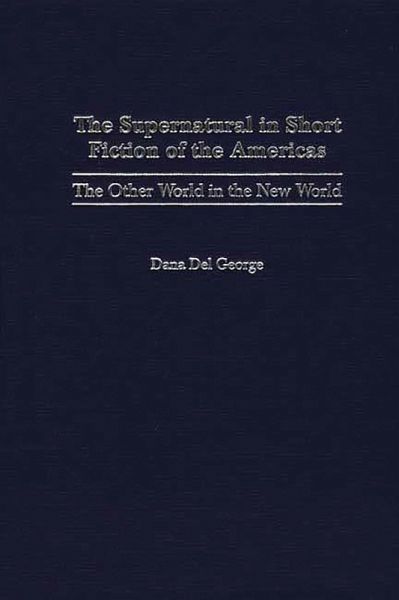
The Supernatural in Short Fiction of the Americas (eBook, PDF)
The Other World in the New World
Versandkostenfrei!
Sofort per Download lieferbar
46,95 €
inkl. MwSt.
Weitere Ausgaben:

PAYBACK Punkte
23 °P sammeln!
The continuing cultural encounters of the Americas, between European and indigenous cultures, and between scientific materialism and premodern supernaturalism, have originated new narrative forms. While supernatural short fiction of the Americas belongs to the broad category of the fantastic, which is generally approached synchronically, reading audiences of the past 200 years have shifted their beliefs about the supernatural several times. While nineteenth-century readers understood science as real and the supernatural as imaginary, modern audiences recognize both as inaccurate, a shift which...
The continuing cultural encounters of the Americas, between European and indigenous cultures, and between scientific materialism and premodern supernaturalism, have originated new narrative forms. While supernatural short fiction of the Americas belongs to the broad category of the fantastic, which is generally approached synchronically, reading audiences of the past 200 years have shifted their beliefs about the supernatural several times. While nineteenth-century readers understood science as real and the supernatural as imaginary, modern audiences recognize both as inaccurate, a shift which allows authors of supernatural fiction to celebrate premodern indigenous beliefs which were once disdained by a materialist culture. This book situates supernatural short fiction of the Americas within the changing cultural and epistemological contexts of the last 200 years and explores how authors have drawn upon a wealth of indigenous traditions. The book begins with a discussion of theories of the supernatural and the fantastic. It then looks at some of the first encounters of European and Native American supernatural beliefs and points to the common elements of these early traditions. The volume next focuses on American literature of the nineteenth century, which has a complex fusion of materialist biases and metaphysical fascinations. The final portion of the book gives greater attention to Spanish-American literature and the blending of the supernatural with attitudes of nostalgia and uncertainty.




